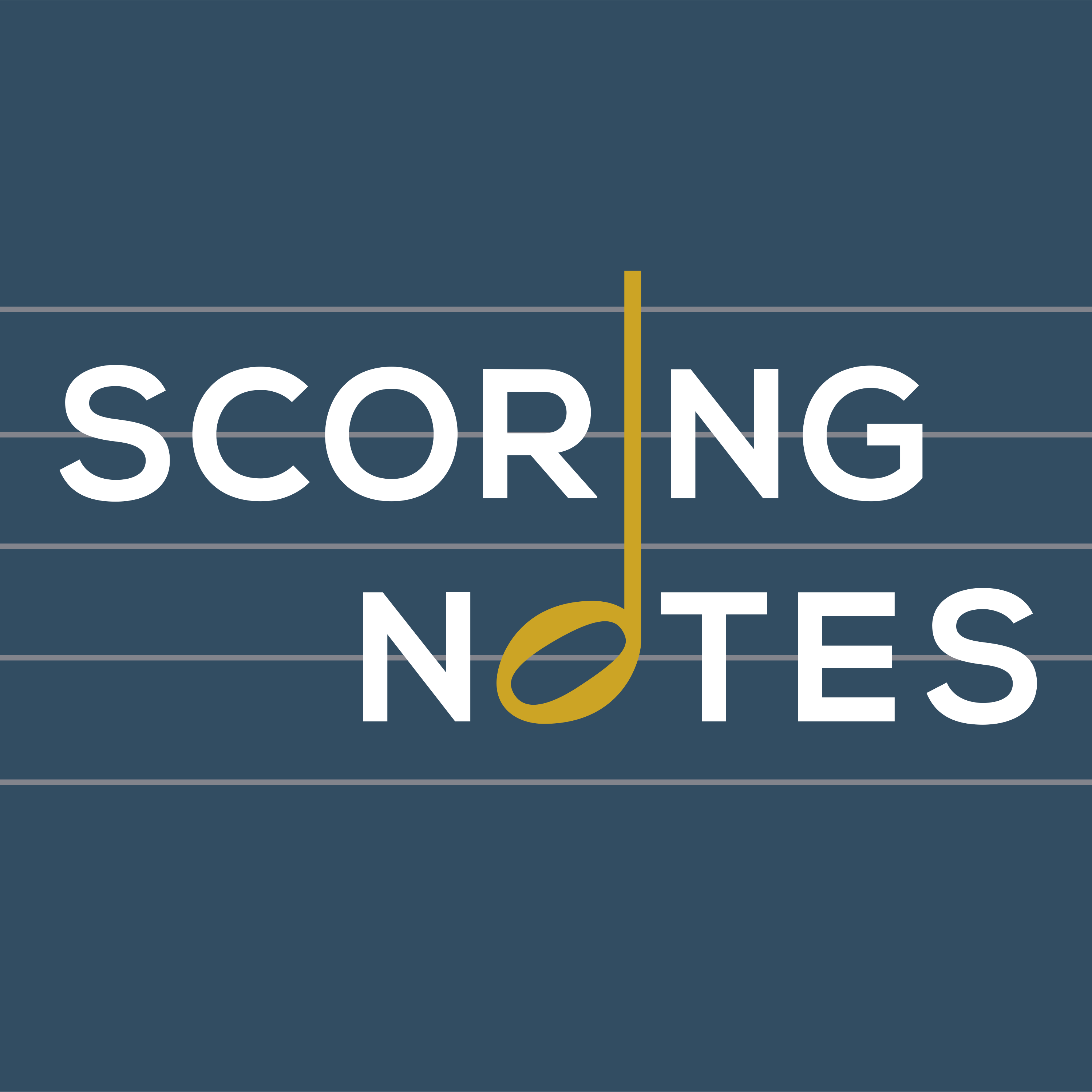- After-Shows
- Alternative
- Animals
- Animation
- Arts
- Astronomy
- Automotive
- Aviation
- Baseball
- Basketball
- Beauty
- Books
- Buddhism
- Business
- Careers
- Chemistry
- Christianity
- Climate
- Comedy
- Commentary
- Courses
- Crafts
- Cricket
- Cryptocurrency
- Culture
- Daily
- Design
- Documentary
- Drama
- Earth
- Education
- Entertainment
- Entrepreneurship
- Family
- Fantasy
- Fashion
- Fiction
- Film
- Fitness
- Food
- Football
- Games
- Garden
- Golf
- Government
- Health
- Hinduism
- History
- Hobbies
- Hockey
- Home
- How-To
- Improv
- Interviews
- Investing
- Islam
- Journals
- Judaism
- Kids
- Language
- Learning
- Leisure
- Life
- Management
- Manga
- Marketing
- Mathematics
- Medicine
- Mental
- Music
- Natural
- Nature
- News
- Non-Profit
- Nutrition
- Parenting
- Performing
- Personal
- Pets
- Philosophy
- Physics
- Places
- Politics
- Relationships
- Religion
- Reviews
- Role-Playing
- Rugby
- Running
- Science
- Self-Improvement
- Sexuality
- Soccer
- Social
- Society
- Spirituality
- Sports
- Stand-Up
- Stories
- Swimming
- TV
- Tabletop
- Technology
- Tennis
- Travel
- True Crime
- Episode-Games
- Visual
- Volleyball
- Weather
- Wilderness
- Wrestling
- Other
Half Notes: A comparison of tablet music reader technology experiences
For the first time ever, MOLA, An Association of Performance Librarians, devoted an entire day to technology that featured vendor exhibits, presentations, discussions, and meetings. Bookending the day were two panel discussions; one moderated by David MacDonald on the subject of music reader tablet experiences, and one moderated by Philip Rothman with representatives from the music notation software platforms. We’ll bring Philip's discussion to you later this summer, but first, we hope you enjoy the discussion that David had to kick off the tech fair, about the real-world challenges and benefits of using tablet readers in orchestral performances. His co-moderator was none other than Mark Fabulich, assistant librarian of the Boston Symphony Orchestra and the co-chair of MOLA’s Technology Committee. The distinguished panelists they spoke with were three librarians, each of whom primarily use different reader apps: Julia Pestke of the West German Radio Orchestra, who uses dimusco; Luke Speedy-Hutton of the Melbourne Symphony Orchestra, who uses Newzik; and Signe Marie Steensland of the Norwegian Radio Orchestra, who uses forScore. More from Scoring Notes: The tech trek to the 2023 MOLA conference The best iPad score reader for most people [2023 update] Justin Bianco, forScore, and more

